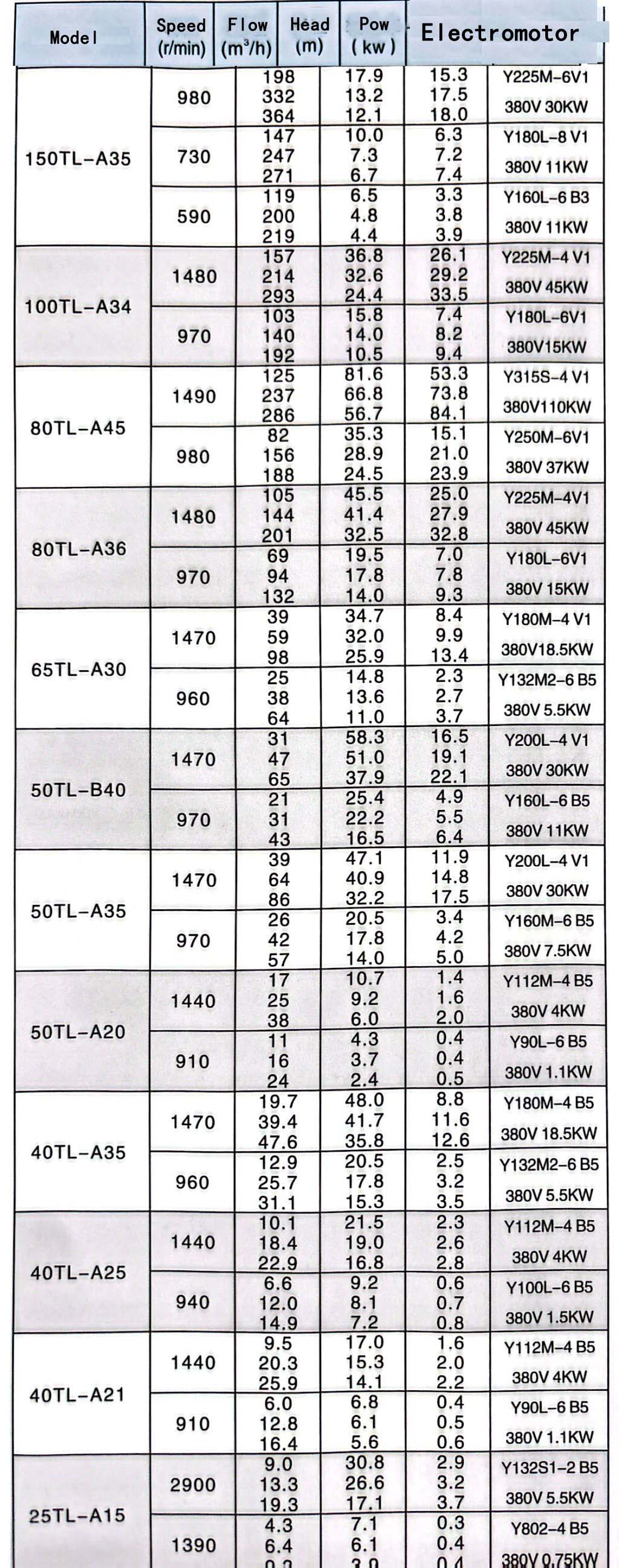Haitian Creole
- Afrikaans
- Albanian
- Amharic
- Arabic
- Armenian
- Azerbaijani
- Basque
- Belarusian
- Bengali
- Bosnian
- Bulgarian
- Catalan
- Cebuano
- Corsican
- Croatian
- Czech
- Danish
- Dutch
- English
- Esperanto
- Estonian
- Finnish
- French
- Frisian
- Galician
- Georgian
- German
- Greek
- Gujarati
- Haitian Creole
- hausa
- hawaiian
- Hebrew
- Hindi
- Miao
- Hungarian
- Icelandic
- igbo
- Indonesian
- irish
- Italian
- Japanese
- Javanese
- Kannada
- kazakh
- Khmer
- Rwandese
- Korean
- Kurdish
- Kyrgyz
- Lao
- Latin
- Latvian
- Lithuanian
- Luxembourgish
- Macedonian
- Malgashi
- Malay
- Malayalam
- Maltese
- Maori
- Marathi
- Mongolian
- Myanmar
- Nepali
- Norwegian
- Norwegian
- Occitan
- Pashto
- Persian
- Polish
- Portuguese
- Punjabi
- Romanian
- Russian
- Samoan
- Scottish Gaelic
- Serbian
- Sesotho
- Shona
- Sindhi
- Sinhala
- Slovak
- Slovenian
- Somali
- Spanish
- Sundanese
- Swahili
- Swedish
- Tagalog
- Tajik
- Tamil
- Tatar
- Telugu
- Thai
- Turkish
- Turkmen
- Ukrainian
- Urdu
- Uighur
- Uzbek
- Vietnamese
- Welsh
- Bantu
- Yiddish
- Yoruba
- Zulu
Telephone: +86 13120555503
Email: frank@cypump.com
Dec . 05, 2024 14:01 Back to list
industrial submersible pumps
Understanding Industrial Submersible Pumps Applications and Benefits
Industrial submersible pumps are an essential component in many sectors, ranging from wastewater management to mining and construction. These pumps are designed to operate underwater, making them ideal for draining, transferring, and managing large volumes of liquids. Their ability to function submerged distinguishes them from other types of pumps, offering a range of advantages that cater specifically to industrial applications.
What are Industrial Submersible Pumps?
Industrial submersible pumps are electric pumps sealed in a waterproof housing to operate under liquids. They are typically made from robust materials such as stainless steel or high-grade plastics to withstand corrosive environments. The design of these pumps allows them to be completely submerged in the fluid being pumped, reducing the risk of cavitation — a common issue in standard pumps where air can interfere with the fluid flow.
Applications of Submersible Pumps
1. Wastewater Management One of the primary applications for submersible pumps is in wastewater treatment facilities. These pumps are used to remove sewage and other waste products, allowing for efficient treatment and disposal. They can handle solid waste and liquids, which makes them ideal for municipal sewage systems.
2. Construction and Mining In construction and mining, managing groundwater is crucial. Submersible pumps are employed to dewater sites, ensuring that excavations remain dry and safe. They can also be used to transfer water from quarries or flood-prone areas, facilitating smooth operational workflows in challenging environments.
3. Agriculture Agricultural sectors utilize submersible pumps for irrigation systems, enabling the effective transfer of water from wells or reservoirs to fields. This application is vital for regions suffering from water scarcity, as it promotes efficient water usage.
4. Oil and Gas In the oil and gas industry, submersible pumps are used in various applications such as oil extraction from wells and managing fluids in pipelines. Their ability to operate at great depths makes them suitable for accessing resources that are otherwise challenging to reach.
industrial submersible pumps

Benefits of Submersible Pumps
1. Efficiency Submersible pumps are typically more efficient than surface pumps because they eliminate the need for priming, allowing for immediate use upon installation. This efficiency saves significant time and operational costs.
2. Space Savings Submersible pumps are compact and do not require extensive surface equipment, making them ideal for limited spaces. Their submerged design also minimizes the noise and vibrations associated with traditional pumps.
3. Durability The sealed construction of submersible pumps protects them from external elements, enhancing their lifespan. They are built to withstand harsh chemicals, abrasives, and varying temperatures, making them reliable in industrial environments.
4. Versatility These pumps are versatile and can handle a wide variety of fluids, including clean water, sewage, slurry, and more. This adaptability makes them ideal for various industries and applications.
5. Reduced Risk of Contamination Since the operation of submersible pumps occurs below the surface, there is a decreased risk of contamination that might happen when pumping liquids from the surface, leading to higher-quality outcomes in applications requiring purity, such as in agricultural irrigation.
Conclusion
Industrial submersible pumps play a crucial role in modern infrastructure by facilitating efficient fluid management across various sectors. Their unique design, combined with the numerous benefits they offer, makes them indispensable tools in managing water and other liquids in challenging industrial environments. As technology progresses, the potential applications and efficiencies of submersible pumps are likely to expand, providing even greater value to industries worldwide.
-
ISG Series Vertical Pipeline Pump - Chi Yuan Pumps Co., LTD.|High Efficiency, Low Noise, Durable
NewsAug.02,2025
-
ISG Series Vertical Pipeline Pump - Chi Yuan Pumps | High Efficiency, Low Noise
NewsAug.02,2025
-
ISG Series Vertical Pipeline Pump- Chi Yuan Pumps Co., LTD.|High Efficiency&Compact Design
NewsAug.02,2025
-
Heavy-Duty Mining Sludge Pumps - Wear-Resistant Slurry Handling
NewsAug.02,2025
-
Horizontal Split Case Pump with GPT-4 Turbo | High Efficiency
NewsAug.01,2025
-
ISG Series Pipeline Pump - Chi Yuan Pumps | High Efficiency, Durable Design
NewsAug.01,2025










